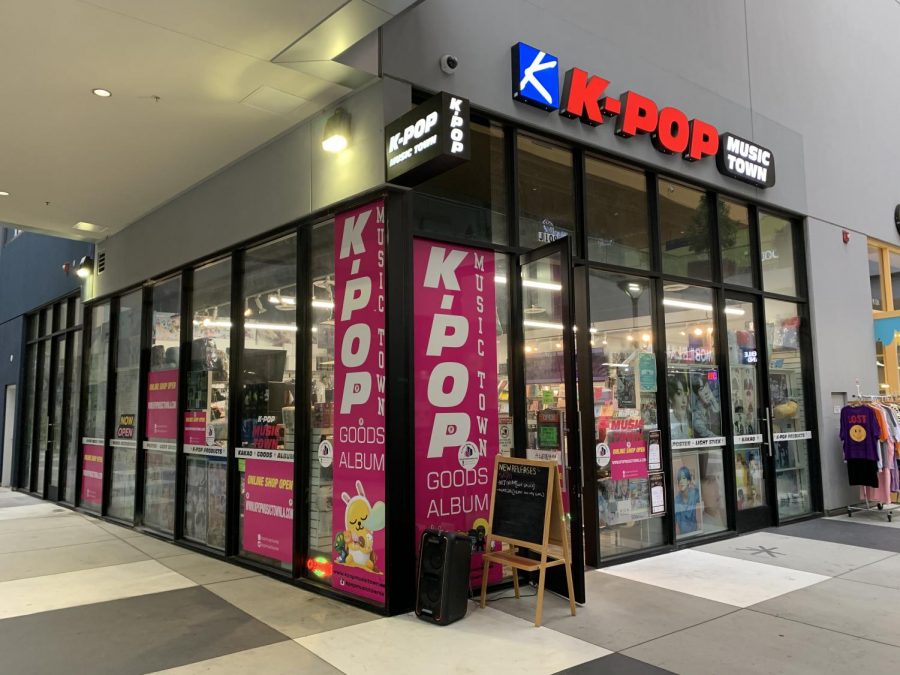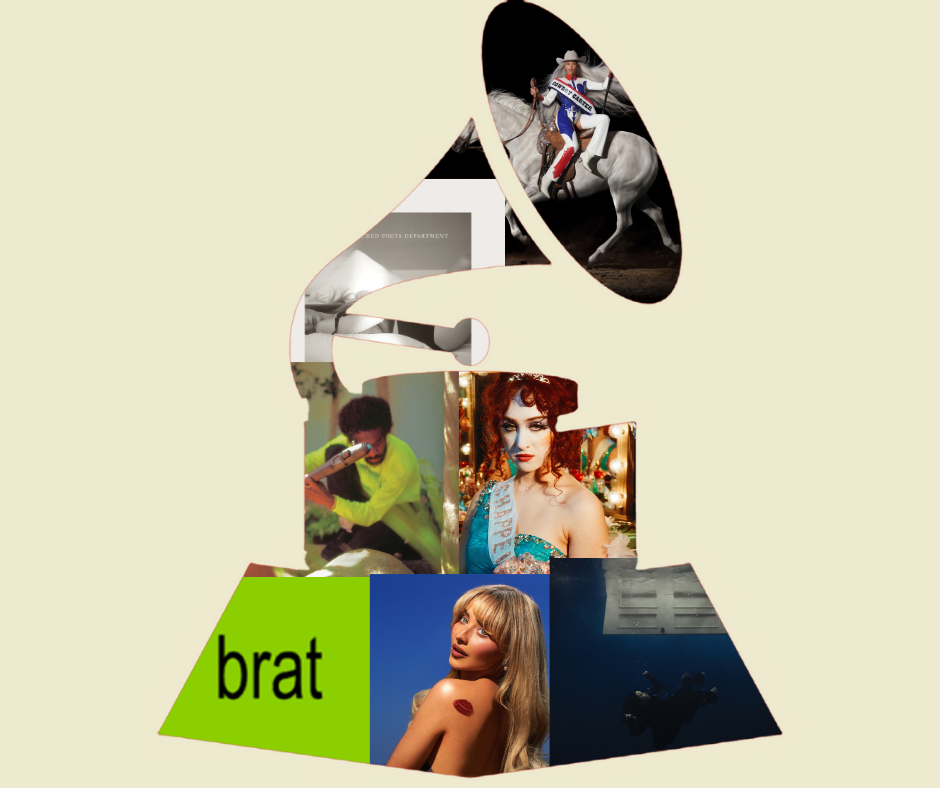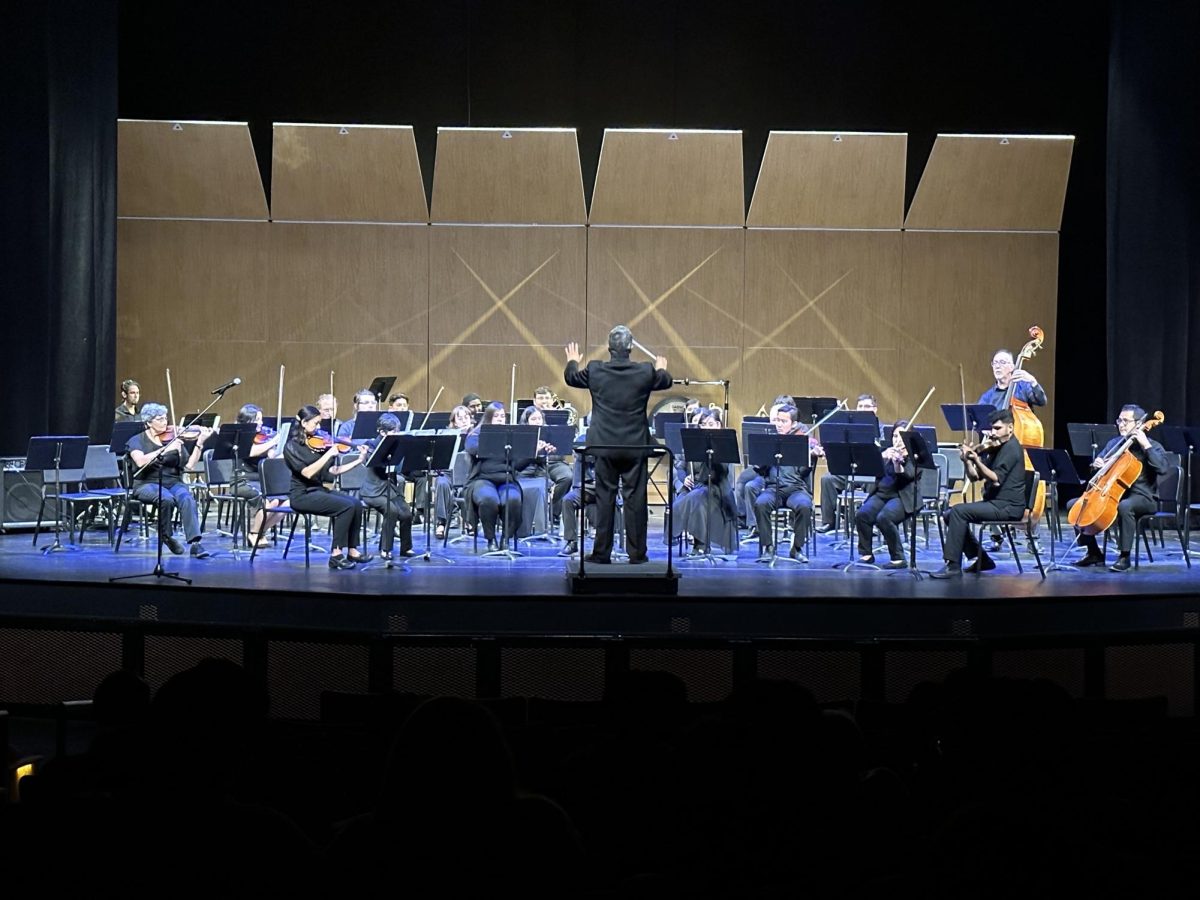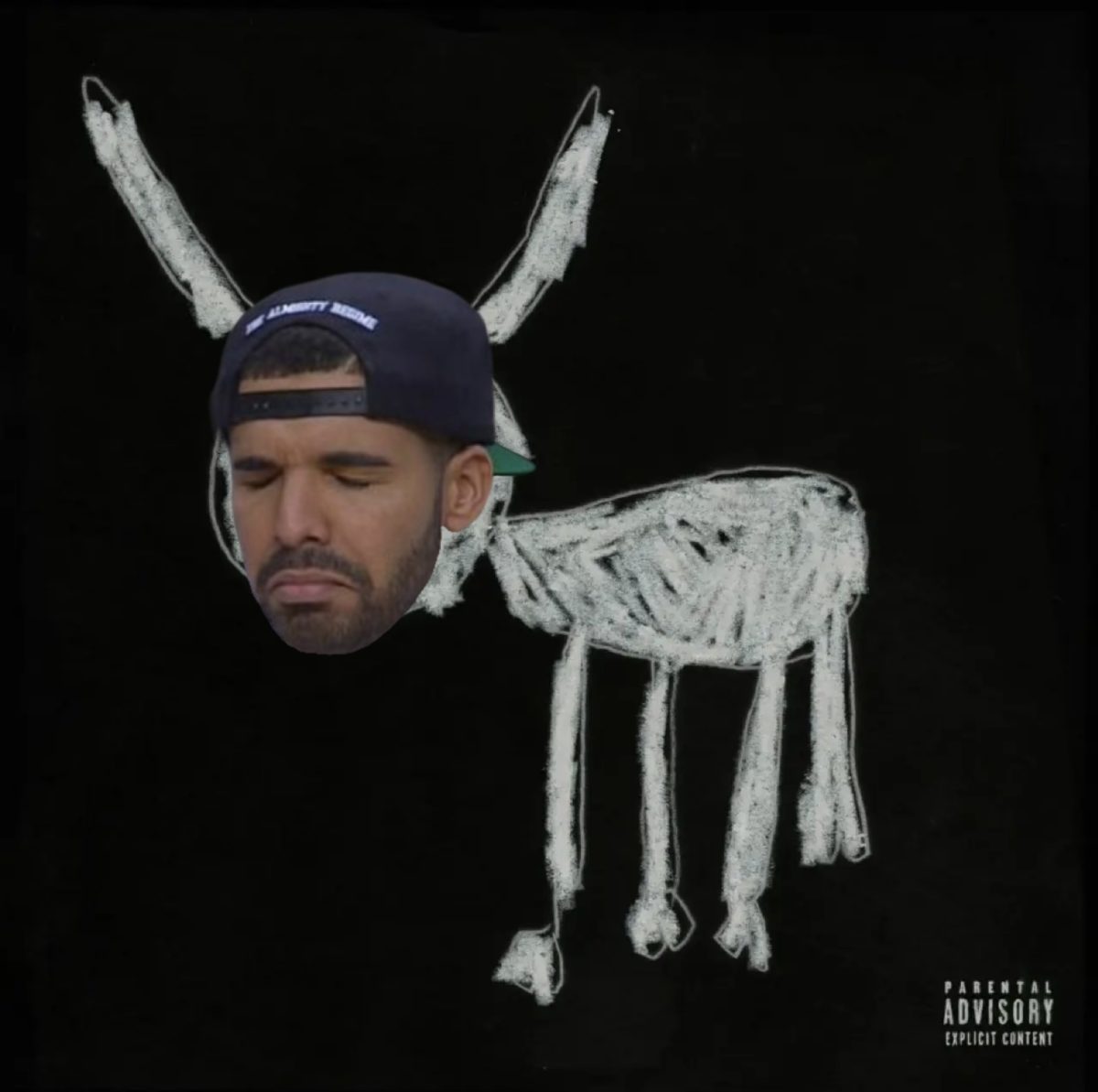K-pop is filled with bright lights, vibrant colors and crazy concepts of styles. The fans and culture of K-pop is a constant source of strength for the artists and groups.
The music represents a new age of lifestyle, and artwork that fans praise and feed off of.
Despite the huge popularity spike in recent years, the culture has also faced backlash, along with stereotypes, that linger around the genre.
The common backlash that K-pop groups and solo artists receive is when their physical appearance is questioned or picked apart on social media.
Western pop culture is quick to say that K-pop artists don’t fit the mold of a traditional western pop act, attacking their notions of what can fly and what can be popular.
“A lot of overseas media platforms that I’ve seen have jokingly called K-pop idols ‘chinks’ or say something like ‘They all look gay, why are they even popular?,” Daniel Villanueva said.
Villanueva is a huge supporter of the culture and works at K-Place; a K-pop store inside The Source, located in Buena Park.
For two years, Villanueva has been a fan of K-pop and describes what he thinks is the true purpose of its music.
“I think that K-pop was made to make people feel happy and just feel alive inside,” he said.
It has especially influenced American music culture by becoming one of the most popular foreign genres of pop music in the United States, with new introductions of groups like BTS, gaining fans by the day.
The growth of K-pop popularity in the United States is commonly known as the “Hallyu Wave,” which translates to the “Korean wave.”
Chaewan Na, a Korean immigrant from Icheon, South Korea, explains how K-pop’s popularity over the last decade has changed.
“When I was little, K-pop was only popular in Korea and some other Asian countries, but now I think everyone around the world knows K-pop.”
With Korean pop’s presence, emphasis on performance and a larger appeal to more demographics have been introduced.
Bella Chavez is a K-pop fan and also an employee at K-Place at The Source.
She discusses what she thinks are some of the hardships and struggles Korean artists have to go through still:
“A lot of K-pop artists struggle with popularity here in the U.S. and I think it’s because they don’t get much music play on the radio due to the language barrier.”
Chavez argues that you don’t need to know the lyrics to like the music but rather by the beat and the way you feel it.
K-pop has made an especially noticeable impact for Americans the last three years when BTS, referred to as Bangtan Boys in English, started making headlines and catching attention from billions of people around the world with their choreography, appearance and music styles.
“BTS suitably paved the way for a lot of K-pop artists here in the US and internationally,” Chavez said.
In addition to the new K-pop category for music awards shows, fans questioned why BTS and other K-pop groups needed to be separated from the main awards, such as “Best Pop” and “Artist of the Year.”
The sentiment spread across Twitter, leading their fans known as the Army, an acronym for “Adorable Representative MC for Youth” to fire back at the executives and management of awards shows to make it fair for K-pop groups to be categorized with the other nominees.
“I definitely think we should all embrace the culture because even in American media when Spanish music and its culture were introduced, no one really judged it harshly as they did with the Korean [and] Asian culture,” Villanueva said.
He believes everyone should have an open mind when it comes to listening to K-pop, and not be afraid of becoming a fan.
“We’re all very welcoming. Music is just a universal language and we’re all just trying to enjoy the emotions the artists give out.”
For Chavez, she wants people to know that K-pop is not just a trend we see on social media but a culture takeover that’ll last forever.
“People just tend to overlook it but in reality, if you really look into it, you’ll see the amazing work and talent these groups put into their music and videos.”
Despite the struggles and hardships Korean groups and solo artists have faced, the life of bringing fame and popularity back to South Korea through music has been a dream come true and a reality they’ll cherish with the world for decades to come.
















